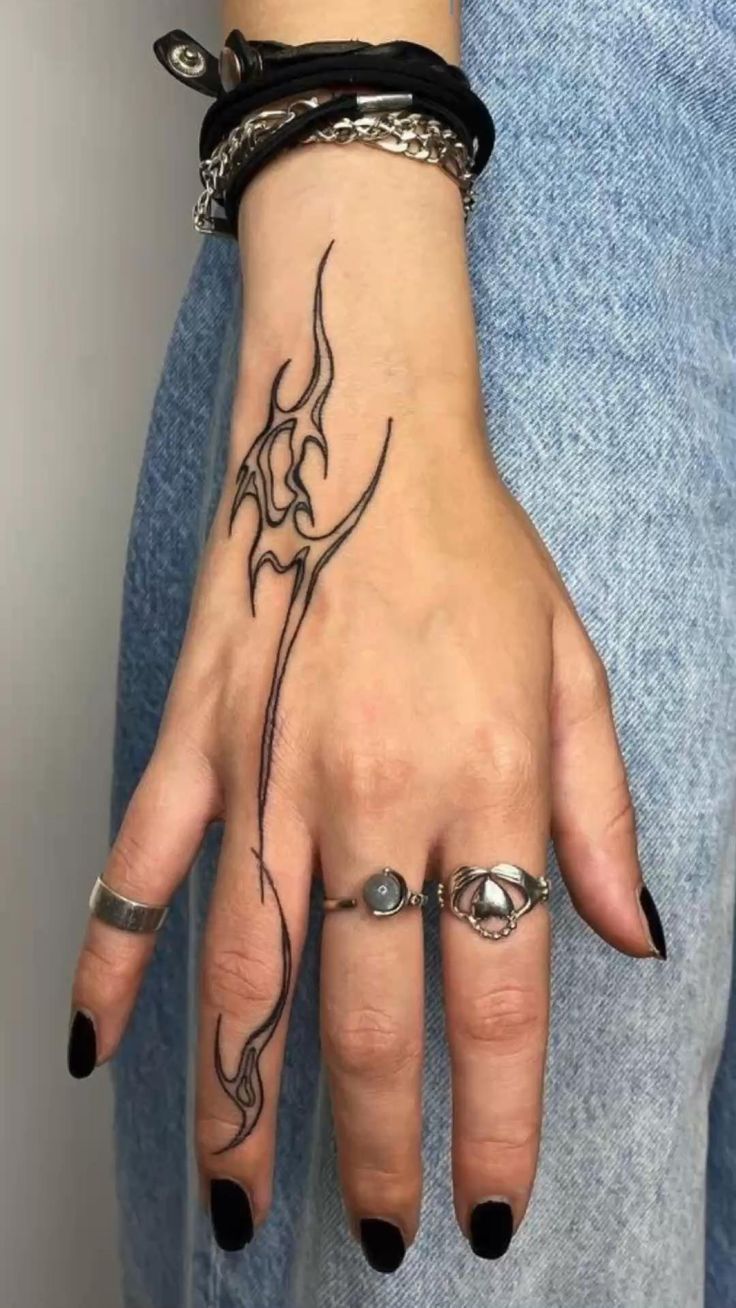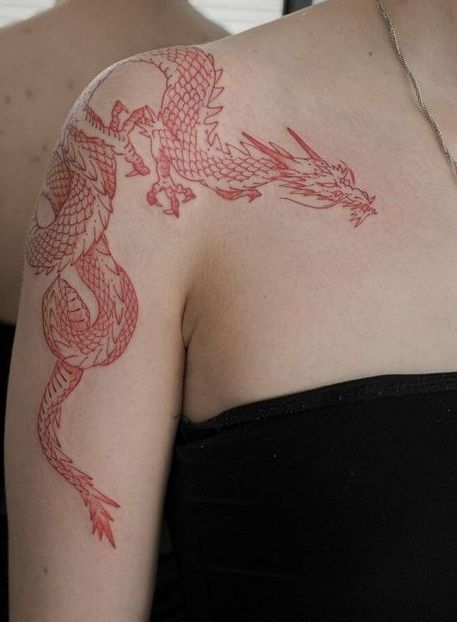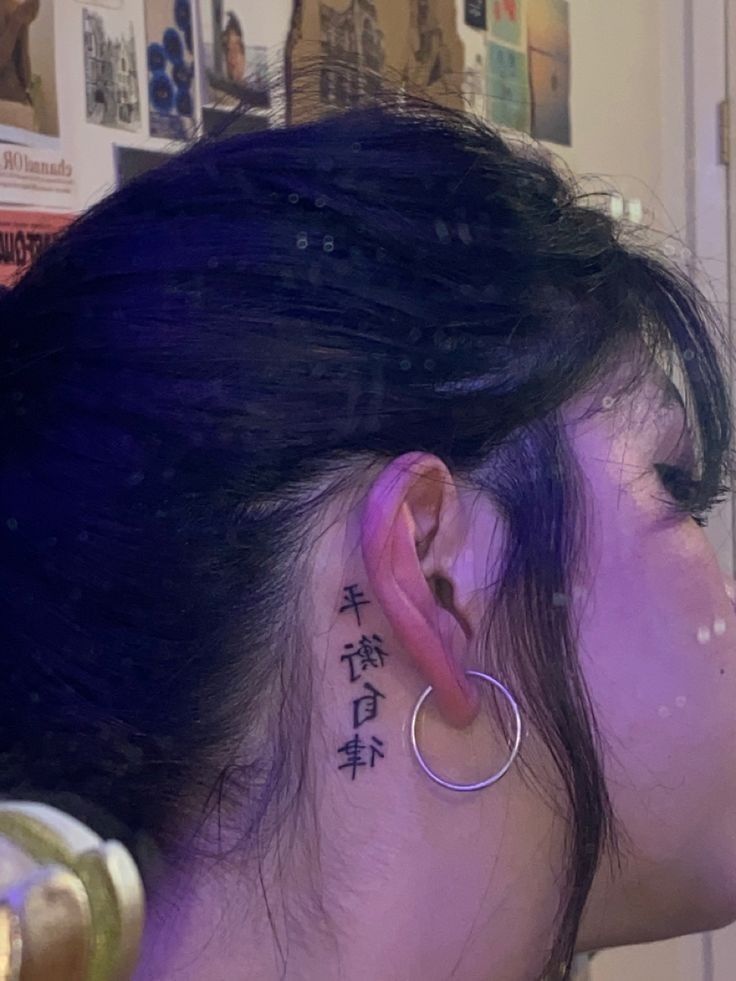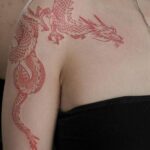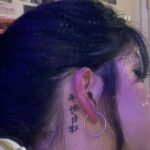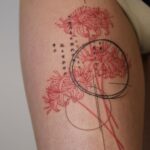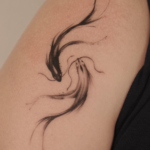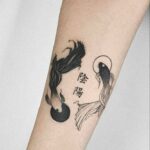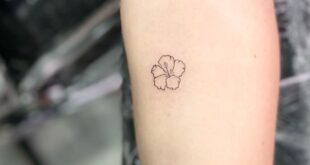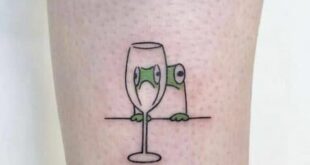Japanese tattoos, also known as irezumi, have a rich history dating back thousands of years. These traditional tattoos are not only admired for their artistic beauty but also hold deep cultural and symbolic meanings.
One of the key elements of Japanese tattoos is the use of traditional motifs and designs such as dragons, koi fish, cherry blossoms, and samurai warriors. Each of these symbols carries its own significance and is often chosen to represent specific qualities or beliefs.
For example, the koi fish is a popular motif in Japanese tattoos as it symbolizes perseverance and determination. In Japanese culture, the koi fish is believed to have the ability to swim upstream against strong currents, which is seen as a metaphor for overcoming obstacles and achieving success.
Another common design in Japanese tattoos is the dragon, which is often depicted as a powerful and protective creature. In Japanese mythology, dragons are revered for their strength and wisdom and are seen as guardians that bring good luck and prosperity.
Cherry blossoms, or sakura, are also a popular motif in Japanese tattoos and are often associated with the transient nature of life. In Japanese culture, cherry blossoms symbolize the beauty and impermanence of nature, reminding people to appreciate the fleeting moments of life.
In addition to these traditional motifs, Japanese tattoos are also known for their intricate and elaborate designs. Traditional Japanese tattoo artists, known as Horishi, use a hand-poking technique called tebori to create these intricate designs. This technique involves using a group of needles attached to a stick to hand-poke the ink into the skin, resulting in a more detailed and nuanced tattoo.
While Japanese tattoos have a long history and are deeply rooted in traditional culture, they have also gained popularity in Western countries in recent years. Many tattoo enthusiasts are drawn to the symbolism and artistry of Japanese tattoos, as well as the meticulous craftsmanship of Horishi artists.
However, it’s important to note that getting a traditional Japanese tattoo is a serious commitment. These tattoos are often large and cover a significant portion of the body, requiring multiple sessions to complete. They also hold deep cultural and symbolic meanings, so it’s important to do thorough research and choose a reputable tattoo artist who specializes in Japanese tattoos.
In conclusion, Japanese tattoos are a beautiful and culturally rich art form that continues to captivate people around the world. Whether you choose a traditional Japanese motif or a modern interpretation, a Japanese tattoo is sure to make a bold and meaningful statement on your body.
 innstyled Tattoo Ideas
innstyled Tattoo Ideas
